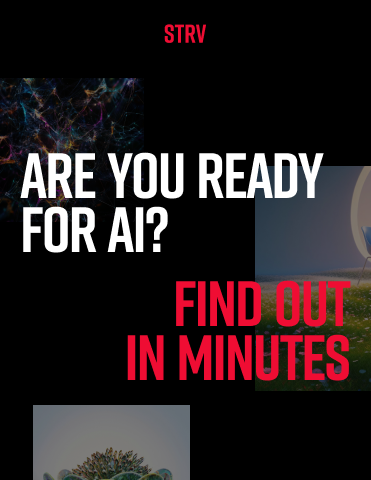The future of AI in project management

Galen Low at The Digital Project Manager explores the transformative benefits that artificial intelligence technologies can bring to project management
Currently, 2.13 million people are working in project management in the UK, but by 2027 it’s estimated we’ll need 87.7 million to meet demand.
However, while the sector expands, so does the complexity of projects, with research revealing unexpected emergent behaviour and characteristics making it harder for project teams to navigate and deliver.
Right now, Artificial Intelligence is being used to support project management, extending the functions of computer-based approaches, with 81 percent of project managers claiming their organisation has already been impacted by AI-powered solutions.
But rather than fearing AI adoption will replace jobs, project managers need to explore how to use it to help make their jobs easier and projects more successful.
Optimising tools and techniques
Project managers who allow human-machine collaboration will reap the rewards and free up time to spend on high-value tasks.
For example, combining corporate messaging platforms with machine learning chatbot technologies allows businesses to streamline project management tasks. The technology identifies appointments and assignments in text and automates the collection of feedback, deadlines and other key communications.
Essentially, the tools can automate mundane tasks like project scheduling and also improve the efficiency of risk assessments - allowing for more time to be spent completing tasks that add value to current and future projects.
As a result, project managers can respond to employee or client challenges and review processes to ensure team members have what they need to perform tasks effectively.
Similarly, project managers can adopt tools that automate the time-consuming processes that threaten to delay deadlines and speed up processes.
For example, in the advertising and marketing industries, a range of automation tools exist to assist with the research stage of a project brief. The tools pull popular website content, synonyms of key phrases and phrase suggestions based on machine learning algorithms.
This can drastically speed up the research process in new creative projects and allows employees to jump to the next steps – where they offer the highest value. This is typically where ideas are developed and discussed with stakeholders, with top-level ideas giving them more chance of achieving project success and gaining trust and respect.
New data analysis to cut costs
Around $438 billion (£359 billion) is predicted to be wasted annually on failed project management tasks that can be automated.
While AI increases immediate costs due to the investment in the technology, studies have found that it can reduce costs by 15-20 percent in the long run.
That’s because by streamlining processes and automating many of the time-consuming tasks normally carried out by project team members, teams can reduce the cost of labour.
Additionally, project managers’ jobs can be made easier due to AI technology’s ability to assess risks and keep projects on schedule. By harnessing the power of machine learning, they can work alongside AI to analyse past and real-time project data to identify patterns that may have contributed to past project failures and predict outcomes more accurately.
Data analysis software can also monitor project spending. Automation speeds up processing and creates detailed, easily searchable records of every business transaction, giving you complete visibility of the costs and resources used at every stage. This allows you to keep track of the budget in real-time and analyse the data for future projects to improve cost efficiency.
AI’s capacity to help in so many areas of business will allow project managers to step into a new era of their profession, with heightened success and projects that they might have never thought possible.
Business-wide adoption
While there are many benefits and opportunities that can come from using AI in projects, it must be adopted and understood by an entire organisation to see true success.
Rather than thinking of automation as the road to redundancy, project teams need to move forwards with the times, learning and establishing how to use it to their advantage.
To help with the transition, organisations need to focus on offering training to develop AI skills, help professionals understand why they are using it and how to use it and develop effective data management processes. Establishing an open learning environment will make automated technologies more accessible throughout the hierarchy and encourage skills to evolve.
According to a survey, just 23 percent of those in the project management profession had experience using AI, suggesting its adoption is still in its infancy.
Therefore, anytime spent upskilling in this area will set project managers and their teams apart.
So, it’s still ultimately the human element that makes projects successful. Organisations need to invest in AI, and project managers and their teams embrace it and build upon its strong foundations to truly see success.
Galen Low is General Manager at The Digital Project Manager
Main image courtesy of iStockPhoto.com

Business Reporter Team
Most Viewed
Winston House, 3rd Floor, Units 306-309, 2-4 Dollis Park, London, N3 1HF
23-29 Hendon Lane, London, N3 1RT
020 8349 4363
© 2025, Lyonsdown Limited. Business Reporter® is a registered trademark of Lyonsdown Ltd. VAT registration number: 830519543





